Nurseries and Garden Centers Near Oak Park, IL (Updated 2025)
Spring has sprung in the Midwest, and with it comes the official start of planting season! As we bid farewell to the dreary winter weather, it's time to embrace the vibrant hues of blooming flowers and lush greenery. Gardening and planting have long been a beloved tradition in the heartland of America, not only for their aesthetic appeal but also for their many benefits to our well-being and the environment.
In this article, we'll take a look at some of the best plant nurseries in the near west suburbs and share tips and tricks for creating a thriving garden. Whether you're a seasoned pro or a first-time gardener, there's something for everyone in this guide to planting in the Midwest!
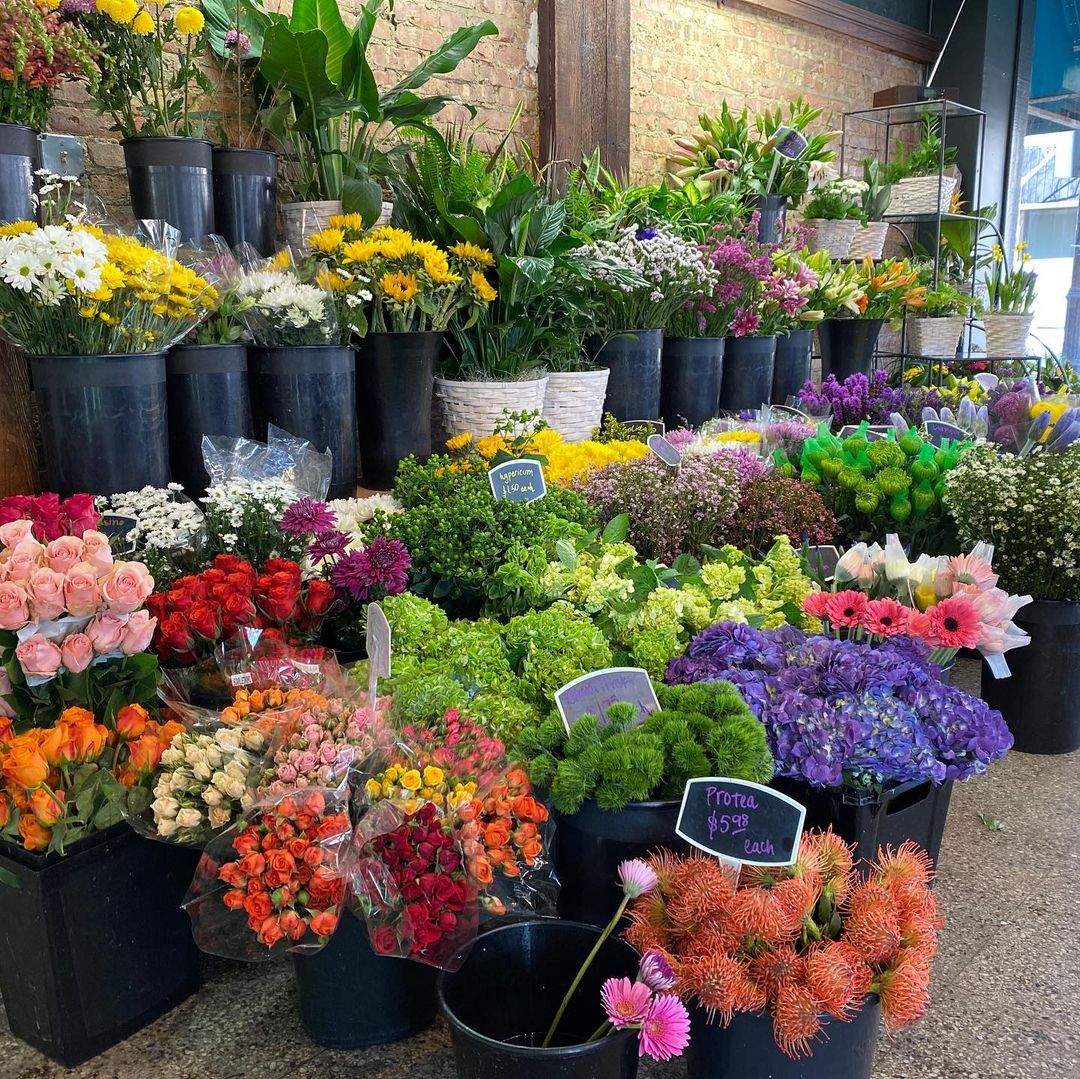
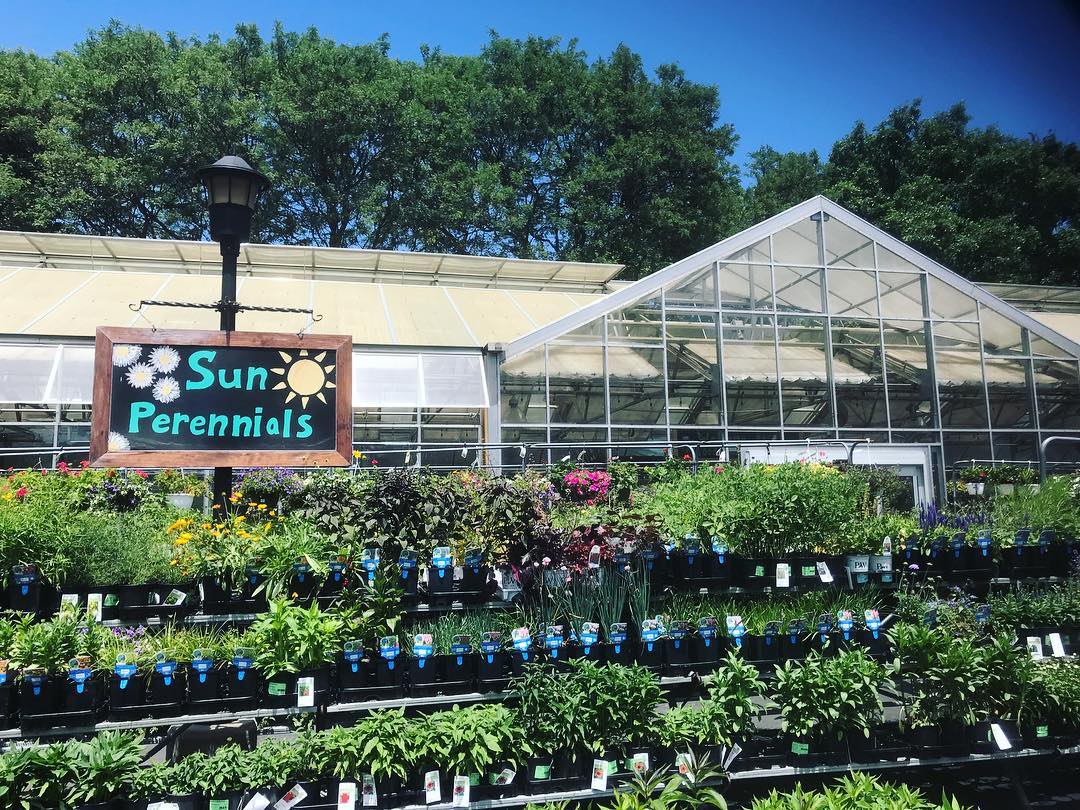
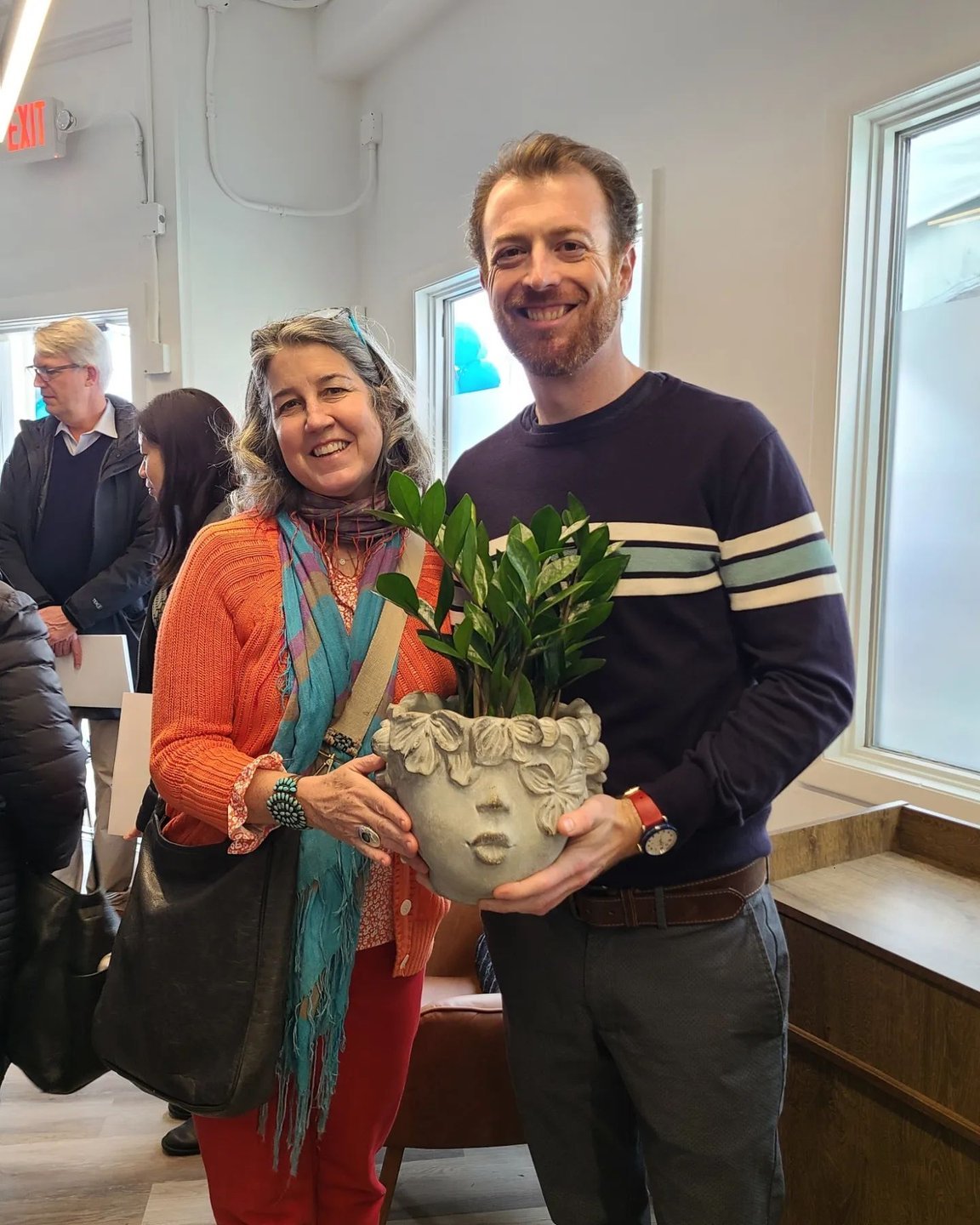
Westgate Flower & Plant Shop
Westgate Flower & Plant Shop in Oak Park, IL, is a family-owned business that has been providing quality plants and flowers to the community for over 100 years. They offer a wide variety of plants, including indoor plants, succulents, and blooming plants, as well as seasonal flowers and arrangements for special occasions. In addition, they also offer landscaping services, such as garden design and installation, as well as maintenance and upkeep.
The knowledgeable and friendly staff at Westgate Flower & Plant Shop is committed to providing personalized attention to each customer, helping them find the perfect plants and flowers for their needs. With its incredible selection of plants and flowers and excellent customer service, Westgate Flower & Plant Shop is a must-visit destination for any plant lover in Oak Park, IL.
Click here to learn more.
Empowering Gardens
Empowering Gardens is a unique garden center and nonprofit organization located in Forest Park, IL. They specialize in providing a therapeutic and healing environment for individuals with disabilities, mental health challenges, and addiction recovery.
The garden center offers a wide variety of plants, including perennials, annuals, and vegetables, as well as garden decor and supplies. In addition to its retail offerings, Empowering Gardens provides job training and employment opportunities for individuals with disabilities and mental health challenges. Their mission is to empower individuals and promote positive change through gardening and horticulture therapy. With its focus on community and social impact, Empowering Gardens is not just a garden center but a place where people can come together to learn, grow, and heal.
Click here to learn more.
McAdam Nursery
McAdam Nursery is a beloved family-owned garden center located in Forest Park, IL. They have been serving the community for over 50 years, offering a wide variety of high-quality plants, flowers, and gardening supplies.
Their knowledgeable staff provides personalized attention to each customer, helping them select the best plants and products for their specific needs. McAdam Nursery is particularly known for its selection of trees and shrubs, including fruit trees and ornamental varieties. They also offer landscaping services, including garden design, installation, and maintenance. With their commitment to quality and customer satisfaction, McAdam Nursery is a trusted destination for gardeners and landscapers alike in Forest Park, IL.
Click here to learn more.
Radical Botanical
Nestled in Forest Park lies Radical Botanical, a beloved gem among locals. As a cherished family-owned establishment, they pride themselves on being more than just purveyors of plants; they see themselves as plant doctors, dedicated to nurturing not only greenery but also the knowledge and skills of their patrons.
While their specialty lies in indoor plants, their offerings extend to some outdoor varieties, catering to the diverse needs of plant enthusiasts. Radical Botanical serves as a sort of school for planters, offering invaluable education on cultivation and growth tailored to our regional nuances. For those seeking both botanical beauties and expert guidance, Radical Botanical is an oasis waiting to be explored.
Click here to learn more.
Clovers Garden Center
Clovers Garden Center in North Riverside, IL, is a full-service garden center that has been serving the community for over 30 years. They offer a wide selection of plants, including perennials, annuals, herbs, vegetables, gardening supplies, and tools. Their knowledgeable staff is dedicated to providing personalized service to each customer, helping them choose the best plants and products for their specific needs. In addition, they offer a variety of services, including landscaping design and installation, hardscaping, and lawn care.
Clovers Garden Center also features a gift shop where customers can find unique gifts and home decor items. With its focus on quality products, exceptional customer service, and a commitment to sustainability, Clovers Garden Center is a top choice for gardeners and homeowners in North Riverside, IL.
Click here to learn more.
Good Earth Greenhouse River Forest
Good Earth Greenhouse in River Forest, IL, is a family-owned garden center that has been serving the community for over 40 years. They offer a wide variety of plants, including indoor plants, outdoor plants, succulents, and seasonal flowers, as well as gardening supplies and accessories. Good Earth Greenhouse is known for their exceptional customer service and knowledgeable staff, who are always ready to assist customers with their gardening needs.
They also offer landscaping services, including garden design and installation, maintenance, and seasonal cleanups. Their storefront also features a cafe with options for coffee, smoothies, sandwiches, and salads, so you can grab a drink or snack while you shop! With their focus on sustainable practices and community involvement, Good Earth Greenhouse is an excellent resource for gardeners and homeowners looking to create beautiful and sustainable outdoor spaces near River Forest, IL.
Click here to learn more.
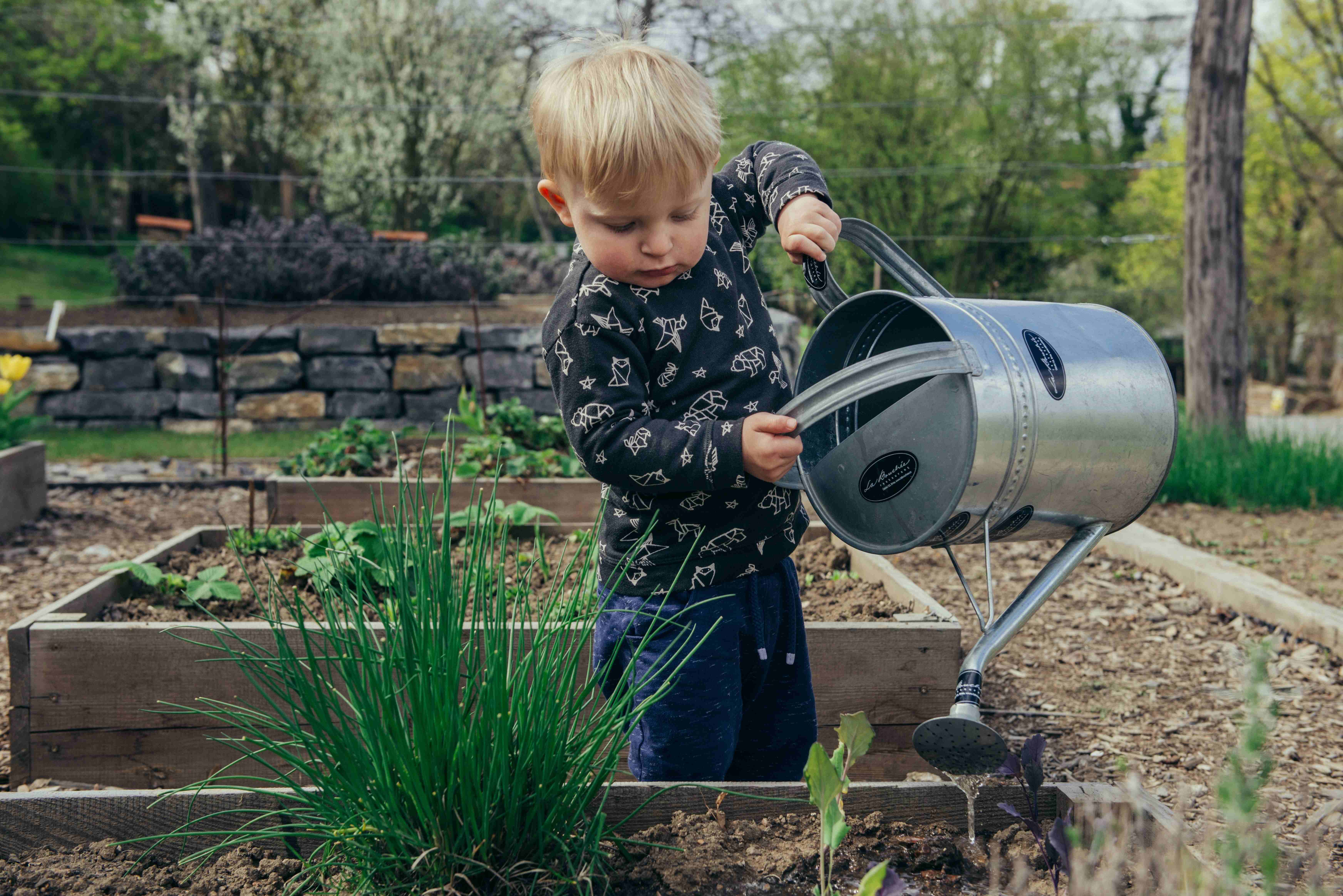
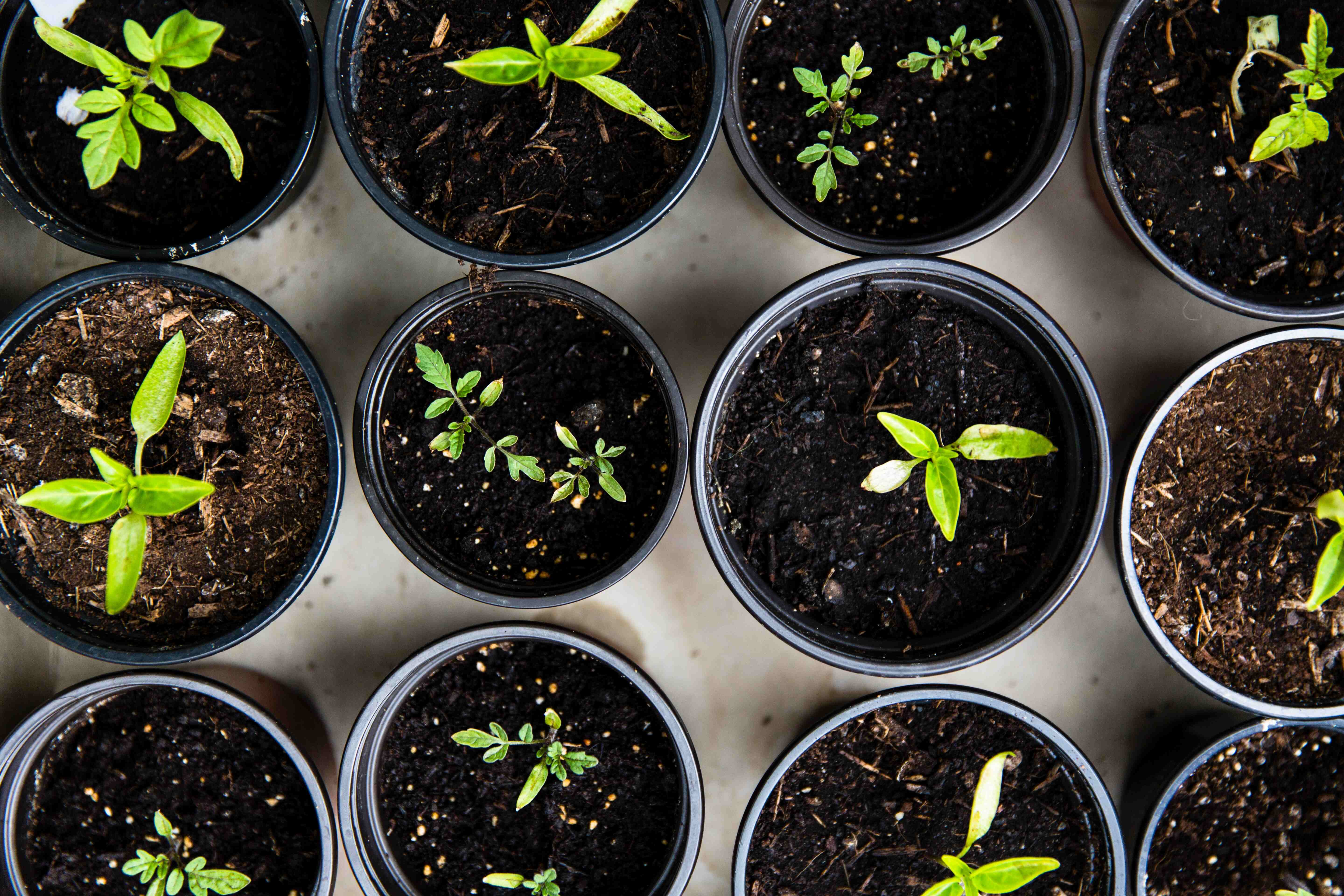
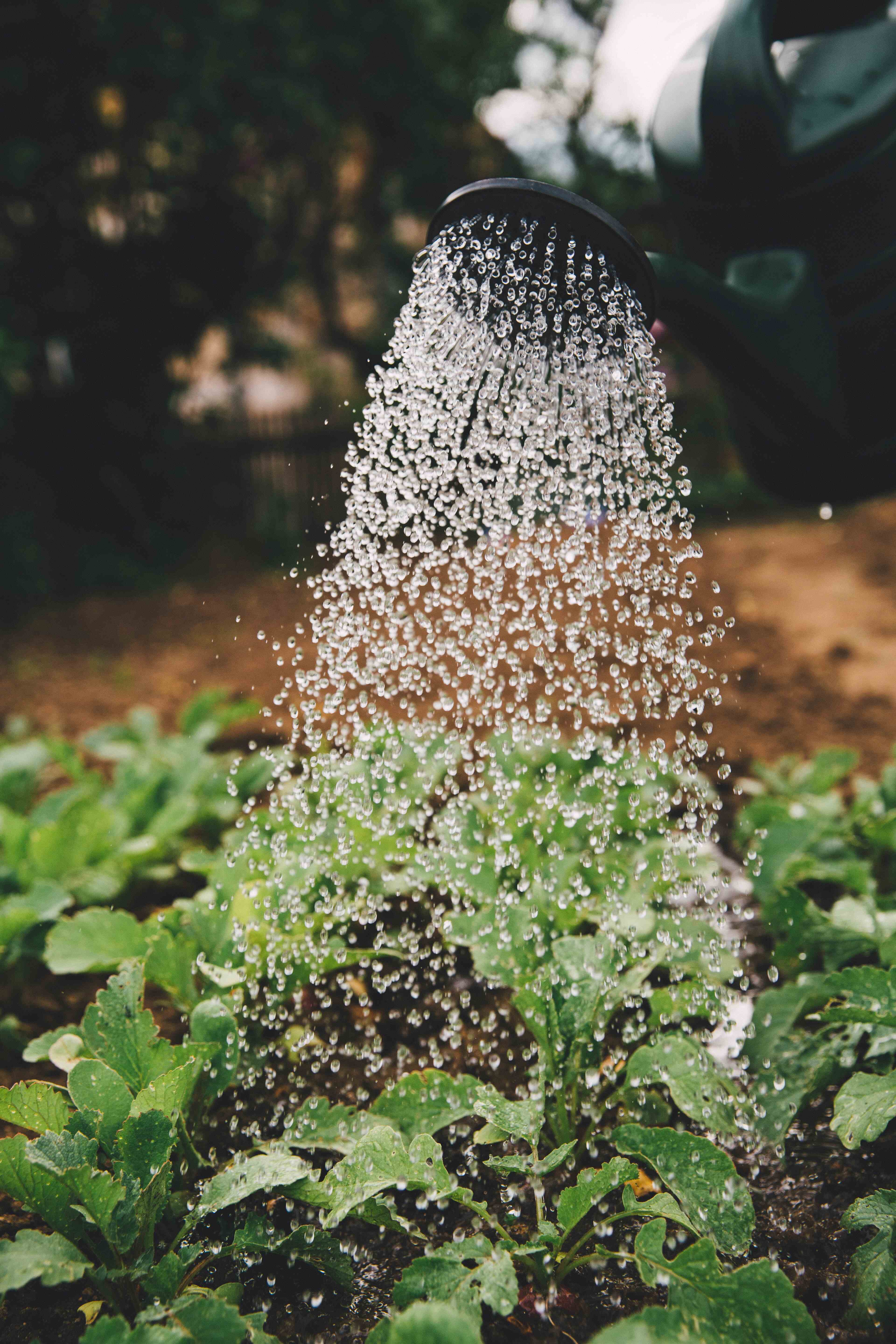
The Midwest is known for its harsh winters and unpredictable weather patterns, but it also boasts a bountiful growing season for gardeners and farmers alike. As a general rule, the best time to plant in the Midwest is in the early spring, after the last frost has passed. This usually falls between late April and early May, depending on the specific location.
When planning a garden in the Midwest, it is essential to consider the best times to plant various flowers and vegetables. Some popular options for annuals include petunias, marigolds, and impatiens, which can be planted in early spring or early summer for a colorful display throughout the season. Meanwhile, perennials like daisies and coneflowers should be planted in the fall or early spring, allowing them to establish strong root systems before the hot summer months. For vegetables, the Midwest growing season is ideal for planting a variety of crops, such as tomatoes, cucumbers, and peppers, in mid-to-late spring. Before planting, be sure to prepare your soil by adding in mulch or fertilizers, as needed. This will help to create a nutrient-rich environment that will promote healthy growth and development.
To get started with your gardening journey, consider visiting a local plant nursery or garden center. These establishments often offer a great selection of quality plants and gardening supplies, as well as landscaping services and indoor plants. Homeowners can pick up everything from groundcovers and houseplants to palm trees all at reasonable prices. With a variety of plants available year-round, it's never too late to start growing your own greenery!

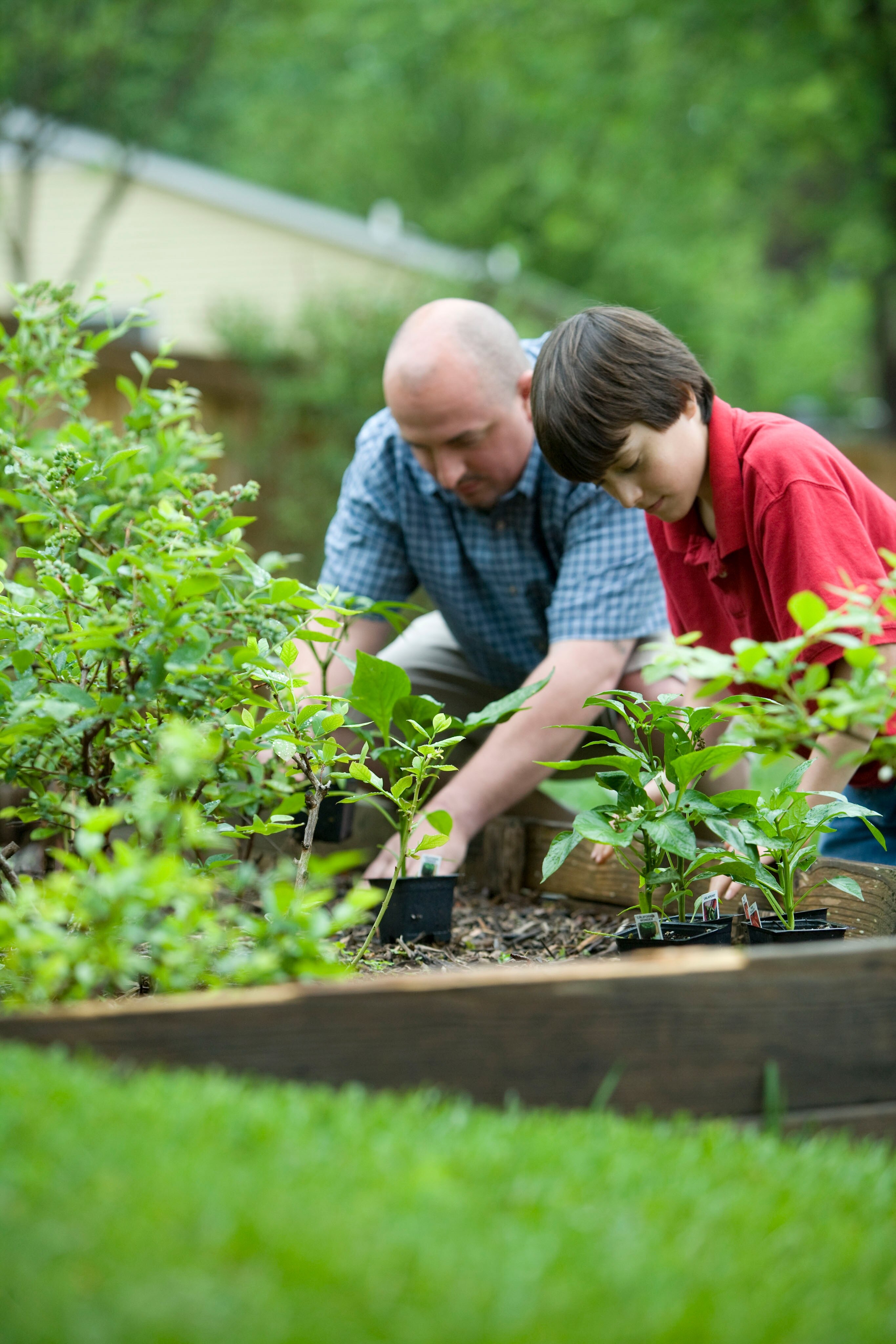
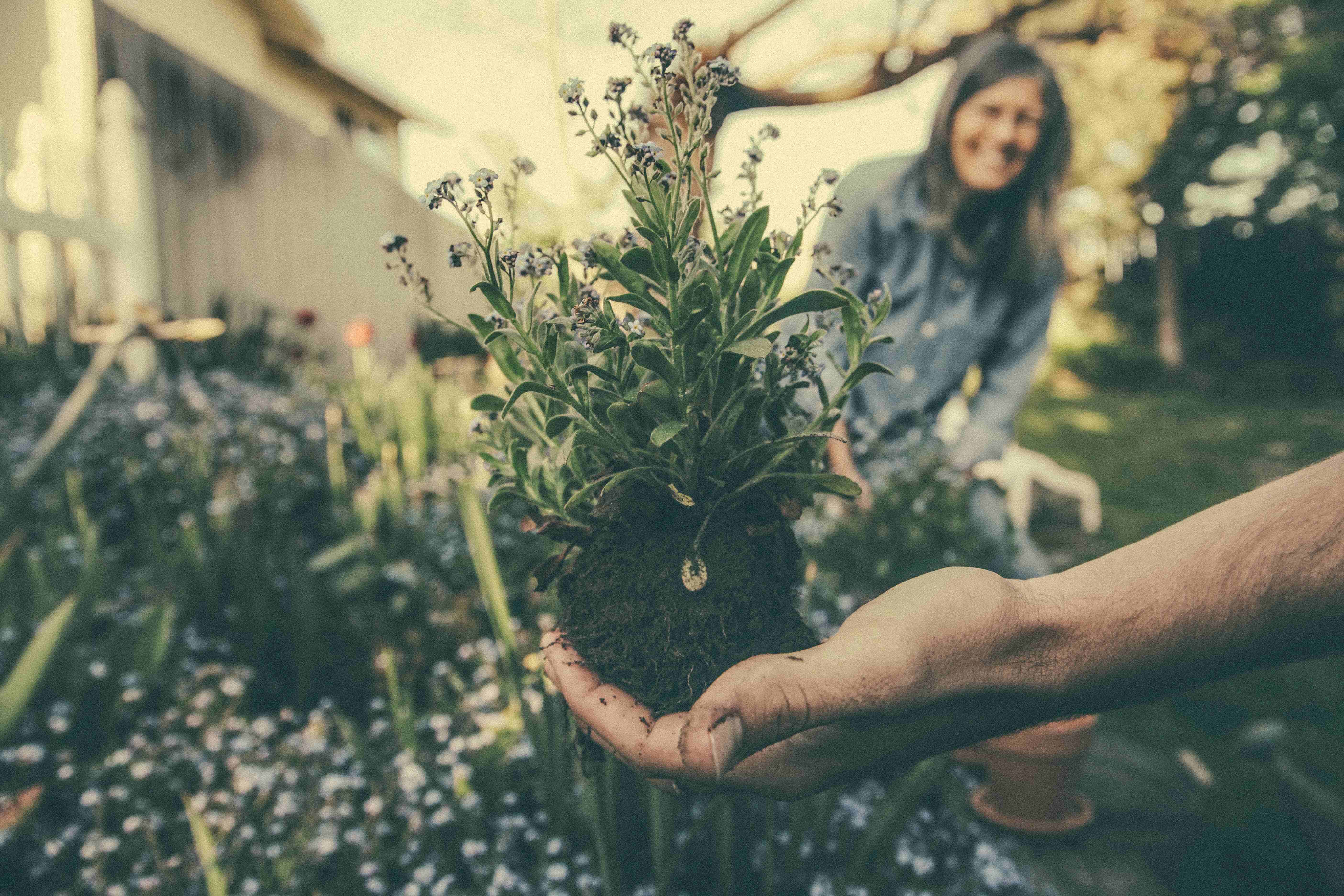
Planting in the Midwest can be a rewarding experience, but it requires careful attention and care to ensure that your plants thrive throughout the season. One of the most important things to remember is to provide regular care for your plants, including watering, fertilizing, and pruning as needed. It is also important to monitor your plants for signs of pests and diseases, which can quickly spread and damage your garden.
To prevent pests and diseases from taking hold, keeping your garden clean and tidy is recommended. This includes removing dead or diseased foliage and keeping the soil free from debris and weeds. Additionally, practicing crop rotation and companion planting can reduce the risk of pests and diseases and promote healthy growth.
Watering and fertilizing are also essential components of successful planting in the Midwest. It is typically recommended to water deeply and infrequently rather than frequently providing small amounts of water, which can lead to shallow root systems. Fertilizing should be done according to the specific needs of each plant, as over-fertilizing can damage roots and lead to decreased growth. Organic fertilizers, such as compost or manure, can help provide essential nutrients for growth without harming the environment.
By following these tips and best practices, homeowners can create a beautiful and thriving garden in the Midwest. With proper care and attention, your plants will reward you with a bounty of flowers, fruits, and vegetables while contributing to a healthy and sustainable ecosystem.
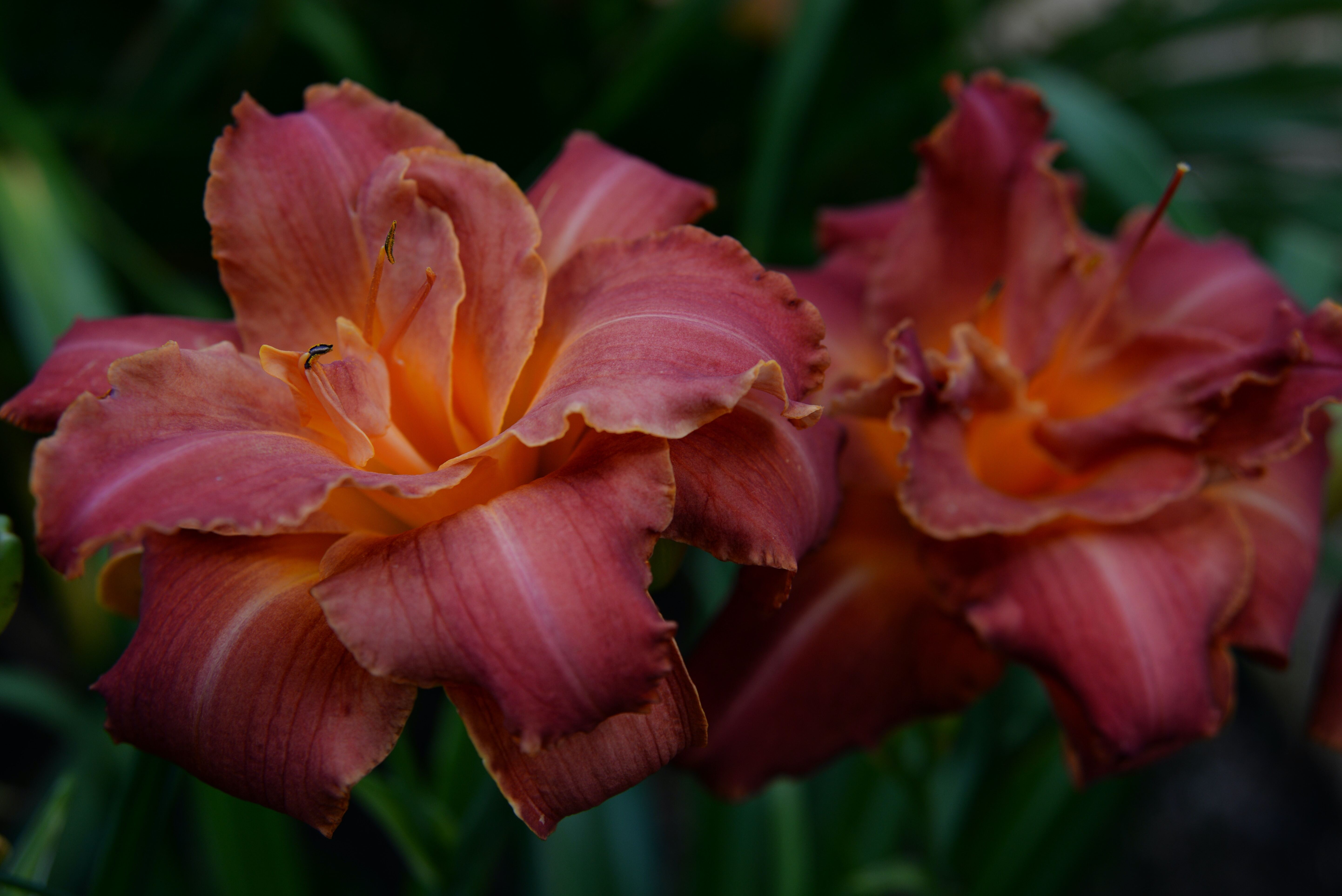
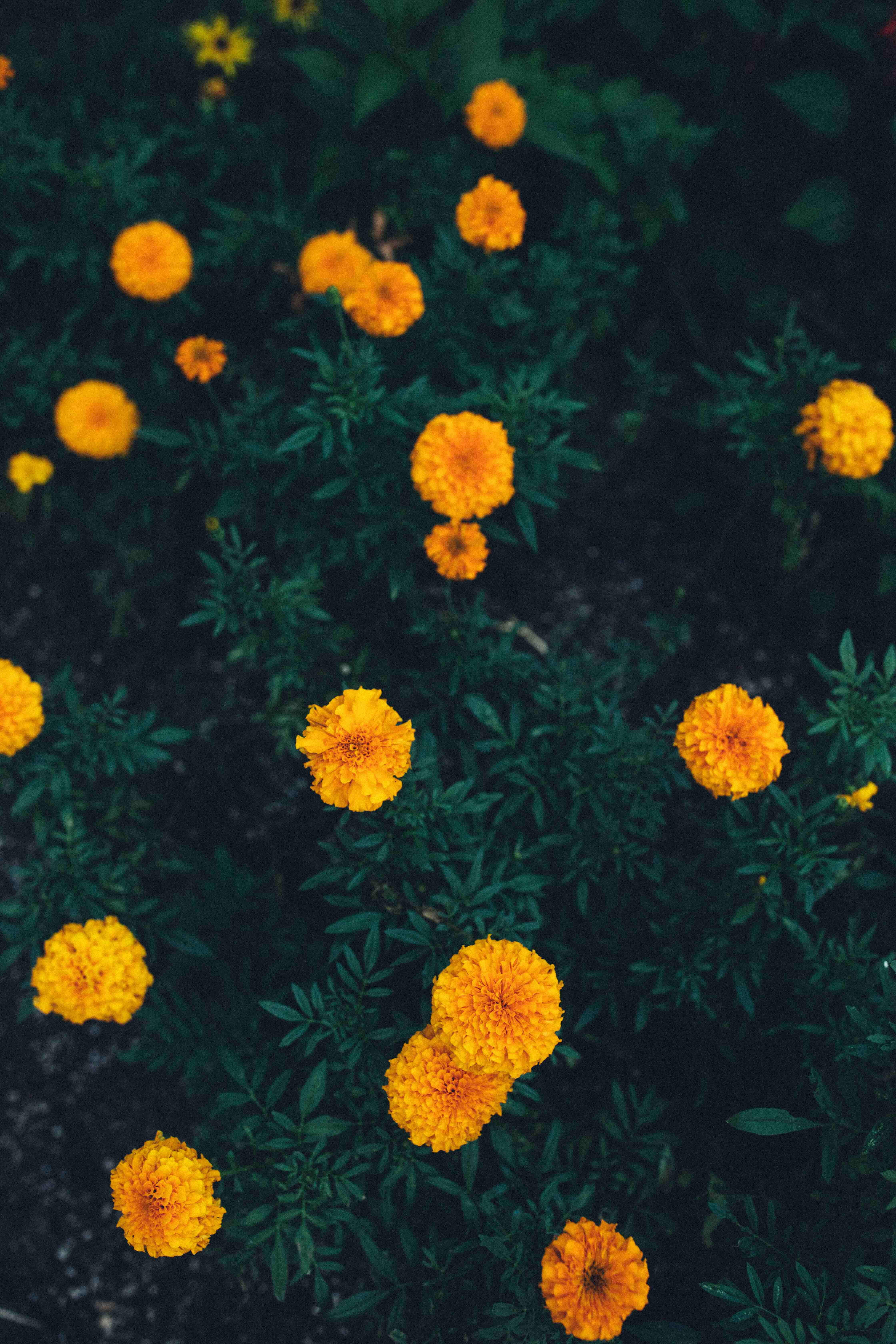
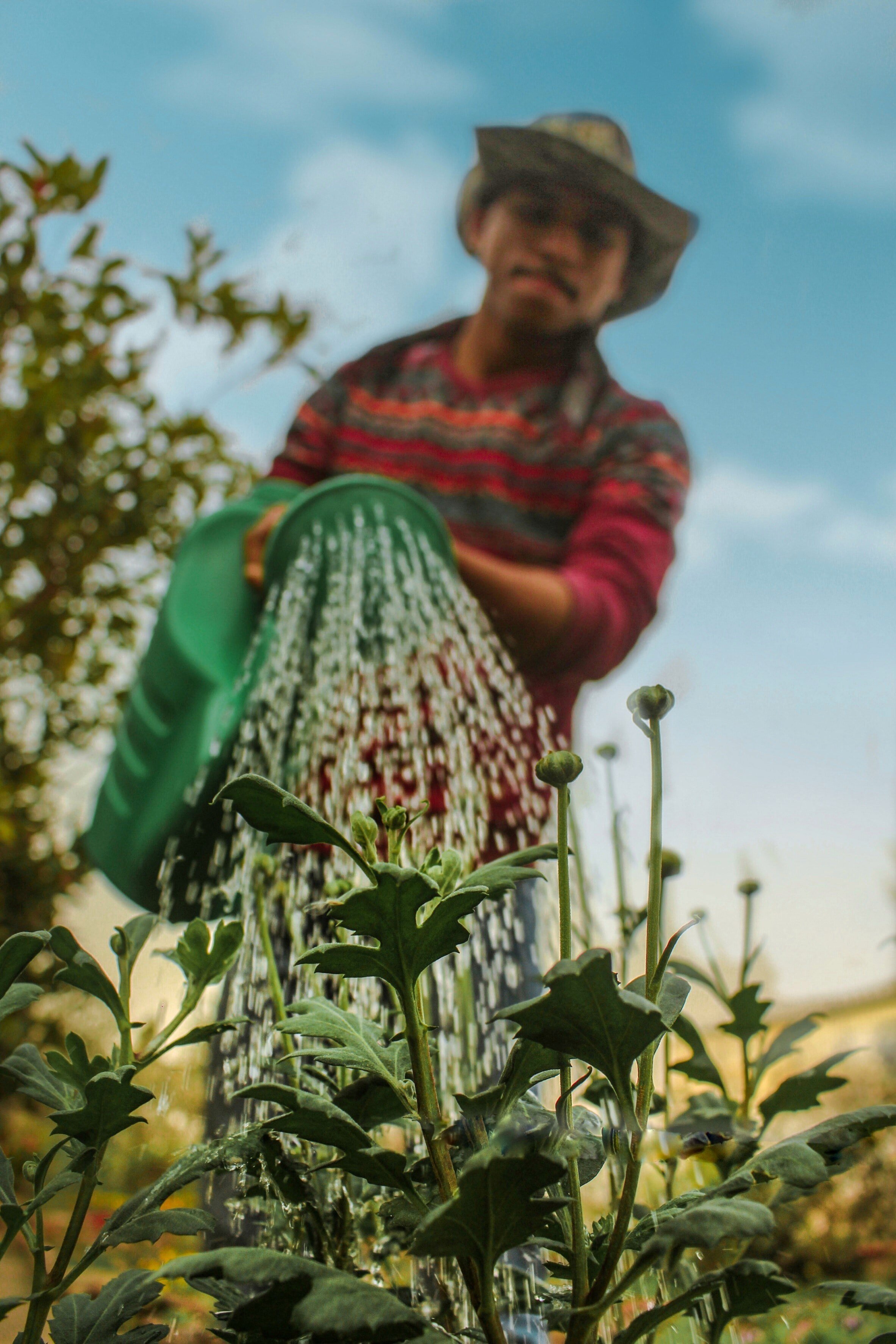
The Midwest is home to a diverse range of flora, and there are many popular flowers that thrive in this region. Some of the most common options include black-eyed Susans, coneflowers, daylilies, and hydrangeas. These flowers are known for their vibrant colors and hardy nature, making them a great addition to any garden. Other popular choices include zinnias, marigolds, and sunflowers, which are easy to grow and provide a bright burst of color throughout the growing season.
When planting and caring for flowers in the Midwest, it is important to consider each plant's specific needs. Most flowers require well-draining soil, plenty of sunlight, and regular watering. Organic matter, such as compost or mulch, can also improve soil quality and provide nutrients for growth. Deadheading spent blooms can also help promote healthy growth and prolong blooming throughout the season.
In addition to adding color and beauty to your garden, planting native and pollinator-friendly flowers can have numerous benefits. Native plants are well-adapted to the local environment and require less maintenance, making them a more sustainable option. Pollinator-friendly plants, such as milkweed and bee balm, attract bees, butterflies, and other beneficial insects, which can help promote a healthy ecosystem and improve pollination for other plants in your garden. By selecting the right flowers and providing proper care, homeowners can create a beautiful and sustainable garden that benefits both people and wildlife.
Planting and gardening are integral parts of the Midwest's culture and identity, providing numerous benefits for individuals and the community. By selecting the right plants, providing proper care, and practicing sustainable gardening techniques, homeowners can create beautiful and thriving gardens that contribute to a healthier and more vibrant environment.
Now is the perfect time to get involved in gardening and planting, whether it's by starting a small container garden on your balcony or working with a local community garden. The benefits of gardening go far beyond simply producing beautiful flowers and delicious fruits and vegetables. They can also improve mental and physical health, provide a sense of accomplishment, and connect individuals with their local communities.
So, whether you're an experienced gardener or just starting out, we hope this guide has provided valuable information and inspiration for your next gardening project. Remember to take care of your plants, get involved in local gardening initiatives, and enjoy the beauty and bounty of the natural world around us. Happy planting!